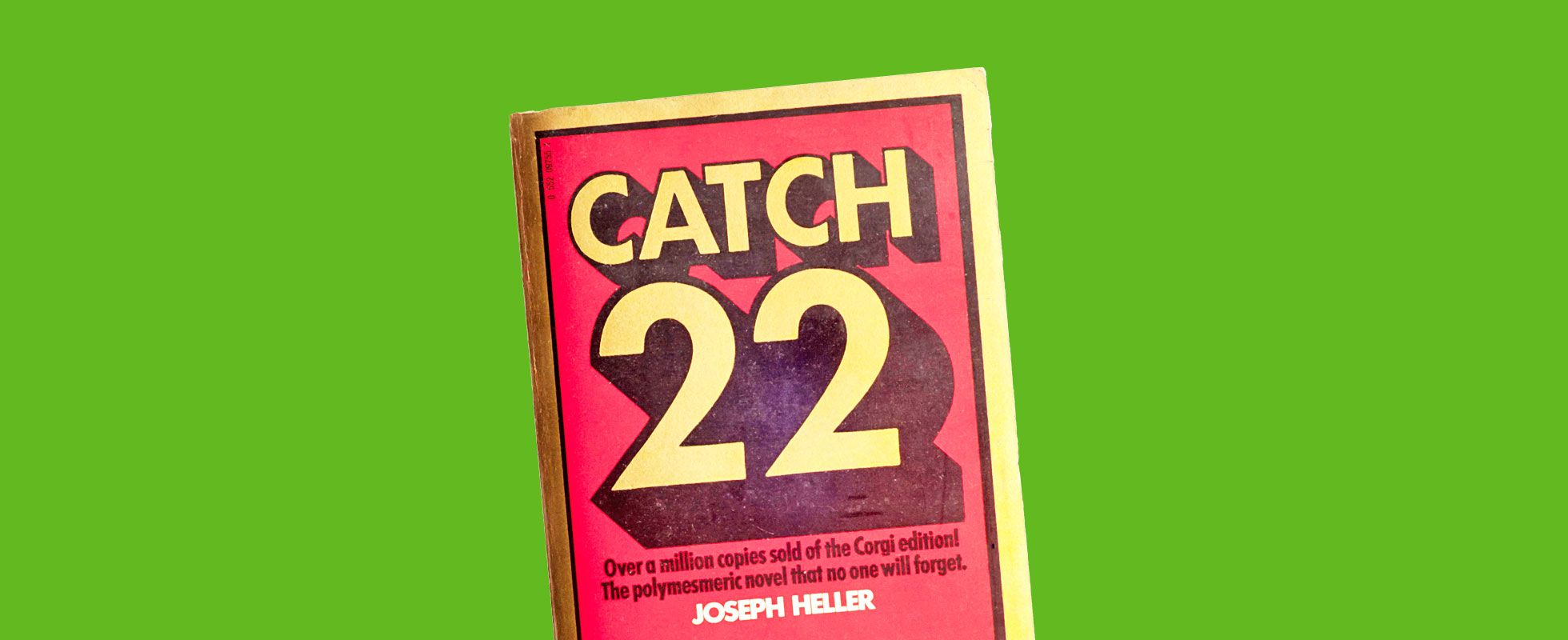Some books become so popular, or at least find such a loyal cult following, that their most memorable or beloved lines become quotable, cementing their place in the cultural lexicon — though not to the same extent, granted, as lines from movies and television series, which tend to have a monopoly when it comes to quotability. In fact, when we think of the most recited lines in literature, many of them have been popularized by their on-screen adaptations: “Winter is coming” from Game of Thrones; “May the odds be ever in your favor” from The Hunger Games; and “Choose life” from Trainspotting, to name just a few.
Yet plenty of other famous lines from novels and essays have stood on their own, especially among bookworms. Here are some of the most quotable lines from literary works of the last 150 years.
Why, sometimes I've believed as many as six impossible things before breakfast."Through the Looking-Glass" by Lewis Carroll, 1871
The sequel to Alice’s Adventures in Wonderland takes Alice on another surreal journey through a fantastical world populated by the likes of the Hatter, Humpty Dumpty, and Tweedledum and Tweedledee. It’s a potent display of Lewis Carroll’s colorful imagination, as well as an examination of fate, the importance of language, and the trials of growing up.
Nowadays people know the price of everything and the value of nothing.“The Picture of Dorian Grey” by Oscar Wilde, 1891
Controversial in its day, Oscar Wilde’s philosophical novel is now regarded as a classic of gothic literature. The nature of “value” is apparent in the novel’s various themes, including the purpose of art, societal superficiality, and the predominance of youth and beauty.
We live as we dream — alone.“Heart of Darkness” by Joseph Conrad (1899)
Joseph Conrad’s most famous work, which inspired the 1979 film Apocalypse Now, serves as a critique of colonialism and an exploration of hypocrisy and moral confusion. We follow the narrator, Marlow, as he recounts his journey deeper into Africa in search of the megalomaniac ivory trader Kurtz.
Lock up your libraries if you like; but there is no gate, no lock, no bolt that you can set upon the freedom of my mind.“A Room of One’s Own” by Virginia Woolf, 1929
Virginia Woolf’s extended essay is a cornerstone of modern feminist thought, examining the challenges women writers have faced throughout history. Going beyond this, she also looks at the position of women in society in general, and delves into the subjectivity of truth itself.
Not all those who wander are lost.“The Fellowship of the Ring” by J.R.R. Tolkien, 1954
The first of the three-volume Lord of the Rings series welcomed us to a world that would define the entire fantasy genre. The fictional universe of Middle-earth set the standard for orcs and dwarves, elves and ents, and many other fantastical creatures.
Catch-22. Anyone who wants to get out of combat duty isn't really crazy.“Catch-22” by Joseph Heller, 1961
Joseph Heller’s satirical World War II novel examines the absurdity of war through the point of view of various characters, most notably Captain John Yossarian. The farcical nature of military life and the insidious military-industrial complex is summed up by the paradoxical catch-22 (now part of common parlance) with its loopholes and contradictory rules.
So it goes.“Slaughterhouse-Five” by Kurt Vonnegut, 1969
Fusing science fiction with semi-autobiography, Kurt Vonnegut’s anti-war novel follows Billy Pilgrim as he is captured by the Nazis and then survives the Allied firebombing of Dresden (which the author experienced himself). The oft-repeated and seemingly flippant comment of “so it goes…” shows how war can desensitize people to the death and devastation around them.
There is no greater agony than bearing an untold story inside you.“I Know Why the Caged Bird Sings” by Maya Angelou, 1969
Maya Angelou’s groundbreaking autobiography is a powerful coming-of-age story that shows how love, resilience, and a passion for literature can help overcome the pains of racism and trauma. Identity is a key theme, and we see how Angelou transforms from a put-upon victim into a self-possessed and erudite young woman.
The answer to the ultimate question of life, the universe, and everything is 42.“The Hitchhiker’s Guide to the Galaxy” by Douglas Adams, 1979
For centuries, literature has sought to find an answer to the meaning of life, but no novel has given us a more precise response than The Hitchhiker’s Guide to the Galaxy. According to the supercomputer Deep Thought, the answer is 42 — quite why remains an open question among fans of the comedy sci-fi novel.
Time moves slowly, but passes quickly.“The Color Purple” by Alice Walker, 1982
Alice Walker’s novel is one of the most acclaimed literary works of the late 20th century, as well as one of the most frequently challenged or banned. Its themes, which include the cyclical nature of sexism and racism, are challenging and often explicit or violent. Despite its detractors, the novel won the 1983 Pulitzer Prize for fiction.
Photo credit: sjbooks/ Alamy Stock Photo
















